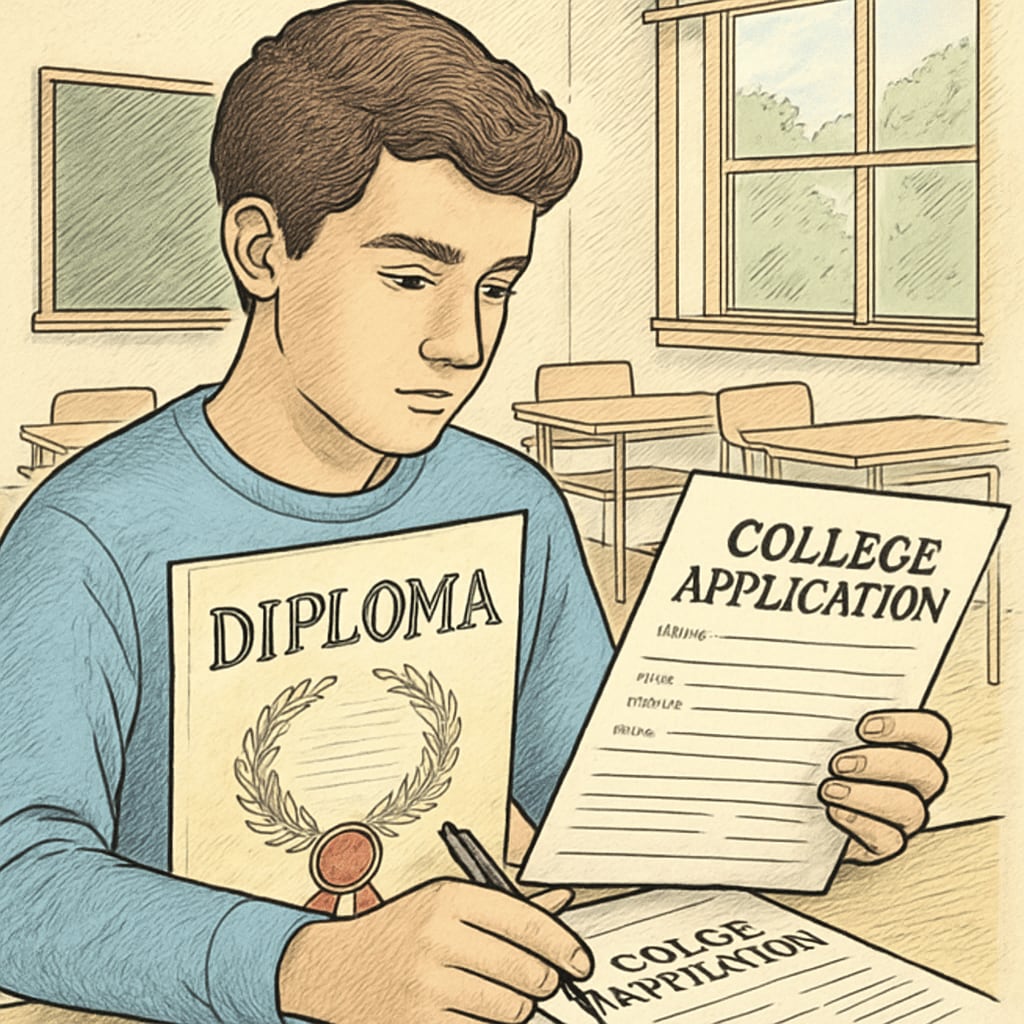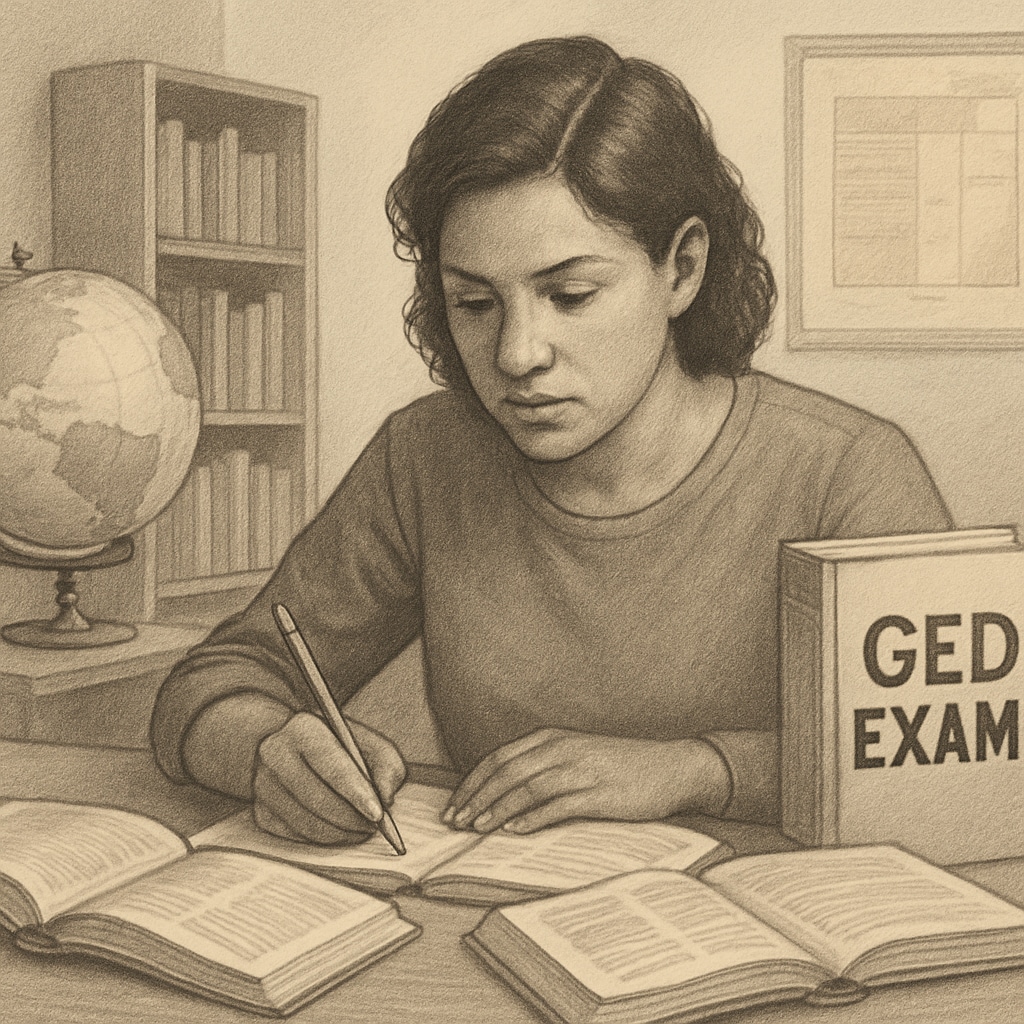For individuals holding a modified high school diploma, questions about its equivalency and the possibility of transitioning to a standard diploma often arise. These concerns stem from a mix of regret over past decisions, a desire to improve educational outcomes, and the need to meet academic or career goals. This article addresses the realities of modifying diplomas, the system’s design intentions, and the practical steps available for those seeking to rebuild their educational foundation.

Understanding Modified Diplomas and Their Purpose
Modified diplomas are typically awarded to students who, due to specific circumstances such as learning disabilities or other challenges, have completed an alternative curriculum. These diplomas are often designed to meet the needs of students who may struggle with traditional academic pathways. While their intent is to provide an inclusive option, they can sometimes limit opportunities in higher education or employment, leaving graduates questioning whether they made the right choice.
According to the Encyclopedia Britannica, a high school diploma serves as a formal recognition of academic completion. However, modified diplomas may not carry the same weight in all contexts, especially when applying to colleges or competitive job markets. Understanding this distinction is crucial for making informed decisions about future steps.
The Reality of Transitioning from a Modified Diploma to a Standard Diploma
While it may be possible to transition from a modified diploma to a standard diploma, the process is often complex and varies by state or country. Educational systems tend to have strict requirements regarding credit completion, standardized testing, and curriculum adherence. For example, some states in the U.S. allow adult learners to return to high school programs or pursue a General Education Development (GED) certificate as an alternative pathway.
However, transitioning requires careful consideration of the following factors:
- Time Commitment: Returning to complete additional coursework can take months or even years.
- Financial Costs: Some programs or testing services may require fees, which can add up over time.
- Future Goals: Ensure that the effort aligns with long-term academic or career aspirations before committing to this path.
For more information on high school equivalency programs, you can refer to resources like the GED on Wikipedia, which offers insights into alternative credentials.

Practical Steps to Rebuild Educational Value
If transitioning to a standard diploma is impractical or not possible, there are still several ways to enhance your academic and professional profile:
- Pursue a GED or Equivalent: GED certificates are widely accepted as alternatives to high school diplomas and can open doors to further education or employment.
- Enroll in Community College: Many community colleges offer programs that do not require a standard diploma for admission, allowing students to build skills and earn credits toward a degree.
- Focus on Skill-Based Certifications: Short-term vocational or technical certifications can provide immediate career opportunities in fields like IT, healthcare, or skilled trades.
- Leverage Online Learning Platforms: Platforms like Coursera or Udemy offer courses in various fields, helping individuals gain knowledge and enhance their resumes.
These steps not only provide alternatives but also help individuals regain confidence in their abilities, turning regret into a proactive approach toward personal growth.
Conclusion: From Regret to Redemption
The journey from holding a modified diploma to achieving academic or career goals is not without challenges. However, understanding the educational system’s limitations and exploring alternative paths can lead to meaningful opportunities. Whether through transitioning to a standard diploma or embracing other educational options, the key lies in taking actionable steps toward self-improvement and lifelong learning.
In a world where education is increasingly valued, it’s never too late to rewrite your story and achieve your aspirations. Modified diplomas may represent a unique starting point, but they do not define the limits of your potential.


